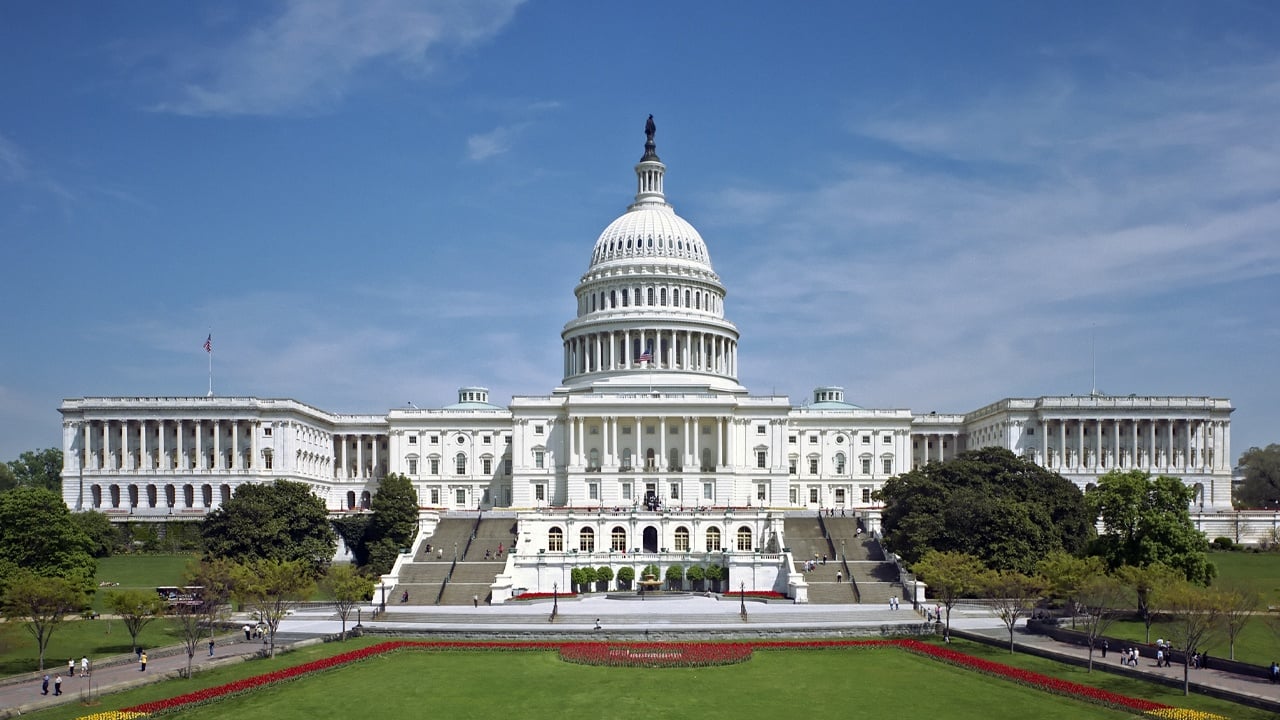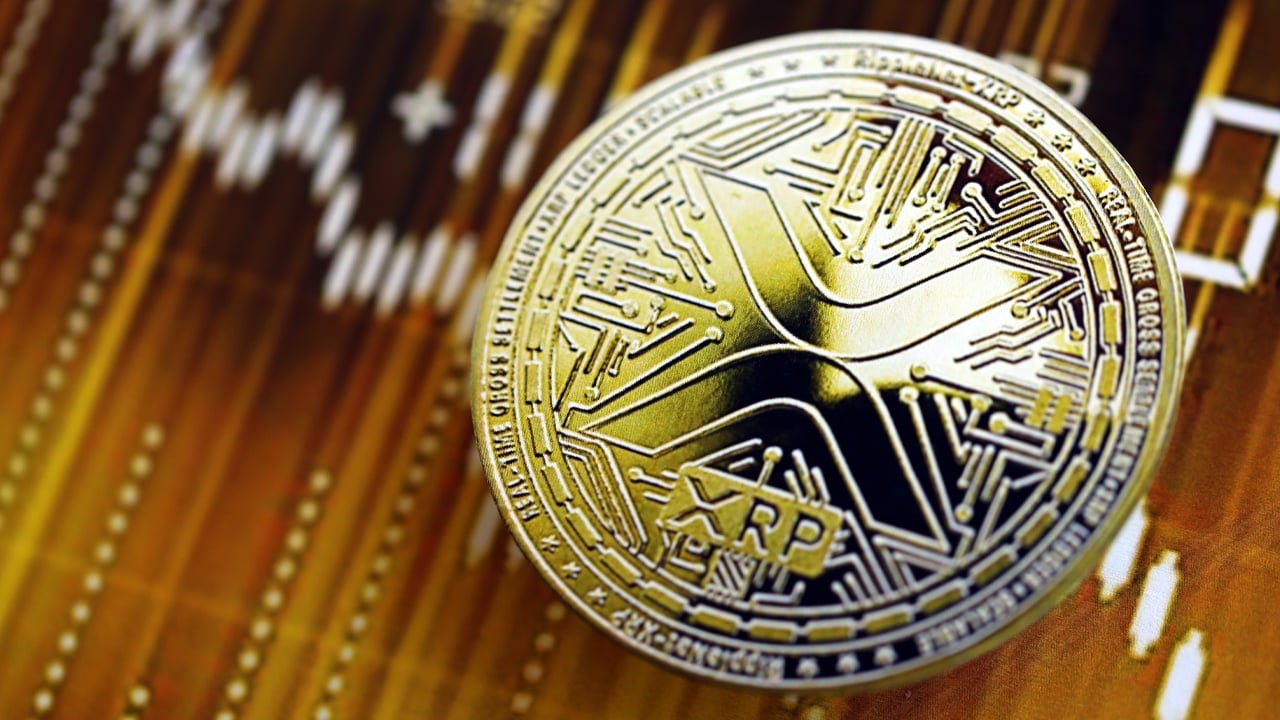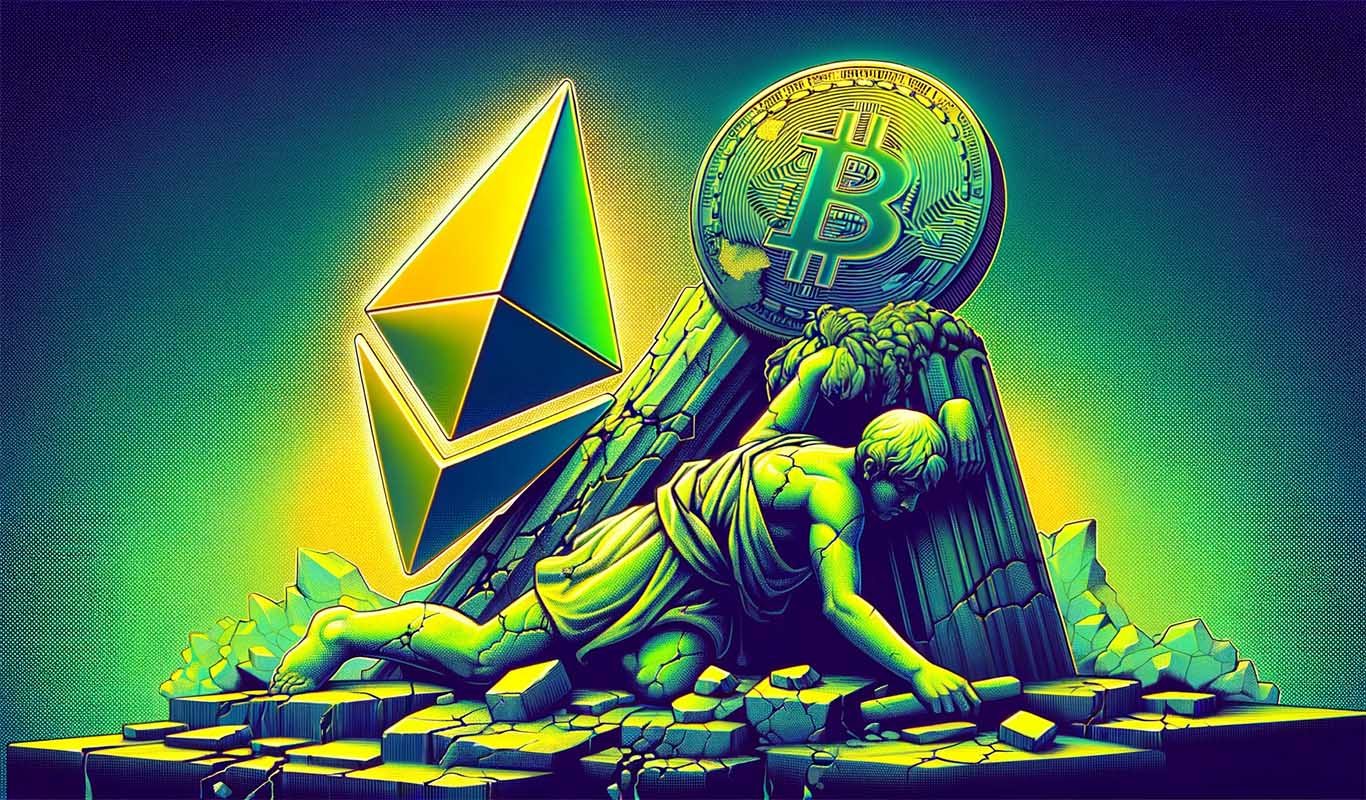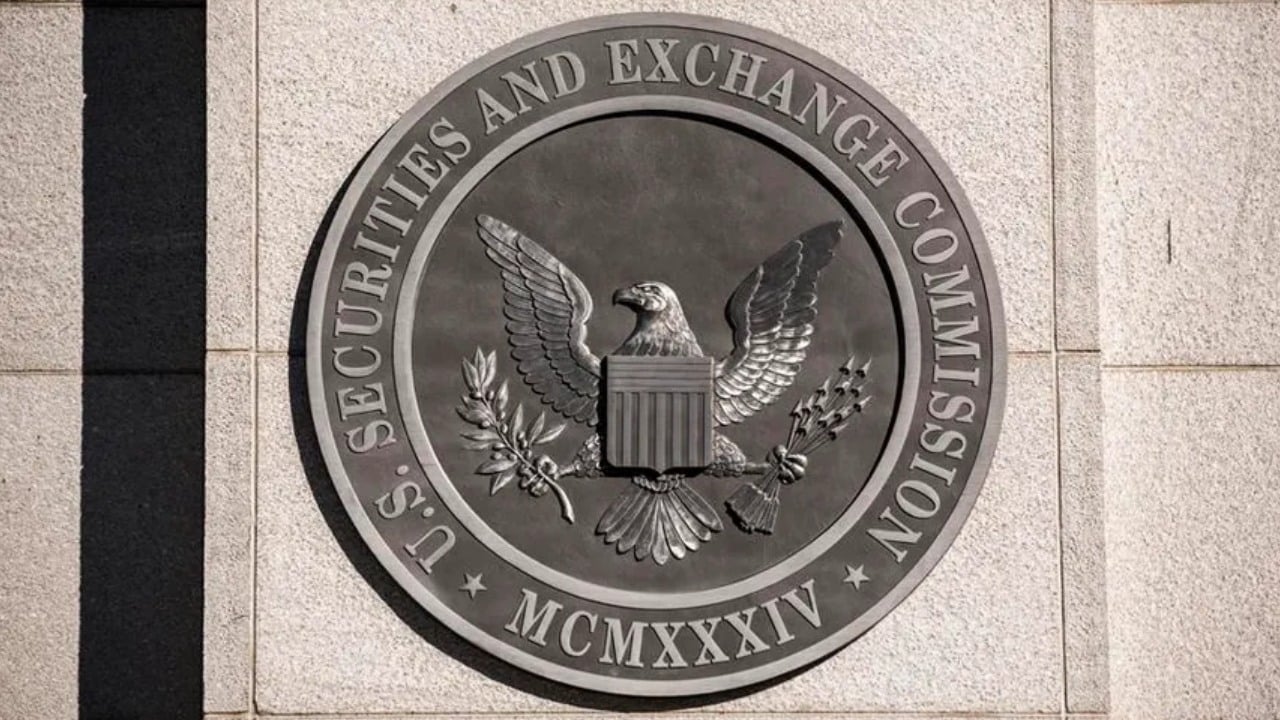On Thursday, the South Korea Stock Exchange chairman, Jeong Eun-bo, revealed their plan to “explore” the approval of crypto-based exchange-traded funds (ETFs) to continue with its “value-up program” and face the ongoing market challenges.
Korea Exchange To Explore Crypto ETFs
On January 2, Jeong Eun-bo announced the Korea Exchange’s plan to explore crypto-based ETFs this year at the 2025 Securities and Derivatives Market open ceremony. The Chairman stated that the South Korean capital markets faced significant challenges in 2024, which has weakened the growth potential of local companies.
Jeong also noted that global conflicts and domestic political developments made the market “significantly sluggish compared to major countries.” The South Korean market will continue facing risks this new year as “the domestic and global economic conditions are unfavorable.”
Nonetheless, the Chairman explained that the exchange will continue promoting its value-up program to “engage more leading companies and establish a management culture centered on shareholder value.”
Moreover, Jeong revealed that the Korea Exchange will “benchmark overseas cases for new business avenues such as crypto ETFs and explore new territory in the capital market.”
It’s worth noting that crypto ETFs have been banned in South Korea since 2017. The country’s regulator, the Financial Services Commission (FSC), reaffirmed its stance after the US Securities and Exchange Commission (SEC) approved the crypto-based investment products last year.
However, the financial watchdog announced in October that the newly formed advisory group for discussing digital asset policies would review the ban, signaling an apparent shift from the strict regulation. This shift seems to be influenced by the success of spot Bitcoin and Ethereum ETFs, which surpassed most experts’ expectations in their first year.
South Korea’s Political Crisis Stopping New Regulations
The Korea Exchange’s chief previously called for crypto’s institutionalization in the country to “create added value.” Jeong stated that lawmakers and financial institutions should look at digital assets differently, arguing that the industry has grown and become considerably influential in recent years.
The Chairman added that South Korea should consider incorporating digital assets into institutional finance, as the market needs revitalization to compete with other countries.
The regulator’s current stance on digital assets has made the market fail to cross various regulatory thresholds for years, challenging the market’s development and competitiveness. However, crypto-related regulations will be halted until the political crisis resolution, which could take a few months.
In December, South Korean President Yoon Suk Yeol declared the first emergency martial law in four decades. Yoon accused the country’s opposition Democratic party, which has a majority in the National Assembly, of sympathizing with North Korea and anti-state activities.
The National Assembly voted to nullify the President’s declaration and successfully ended the emergency martial law in six hours. Since then, the Assembly has impeached Yoon and Prime Minister Han Duck-soo, who became acting president after Yoon’s powers were suspended.
According to Associated Press reports, South Korea’s presidential security service prevented authorities from detaining Yoon today in a six-hour stand-off at the impeached President’s residency.
As a result, the anti-corruption agency plans to “strongly demand” that the current acting leader, Deputy Prime Minister Choi Sang-mok, instruct the service to comply with the detention warrant’s execution.
The Constitutional Court is set to determine whether to remove Yoon from office or reinstate him. To remove him, at least six justices on the nine-member court must vote in favor.
Total crypto market capitalization is at $3.41 trillion in the one-week chart. Source: TOTAL on TradingView
Featured Image from Unsplash.com, Chart from TradingView.com
Credit: Source link























